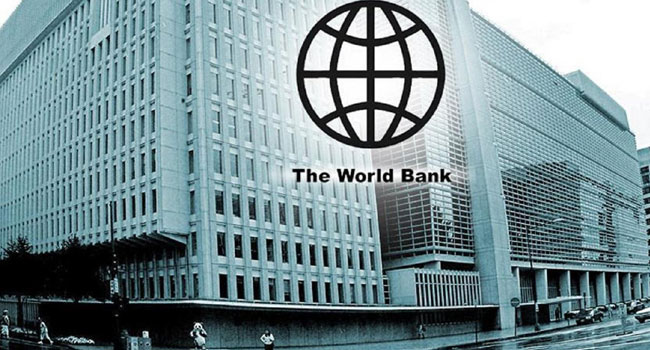In a study, the World Bank recommended Nigeria to make more progress on medium-term fiscal and monetary policies.
President Bola Tinubu has attempted to eliminate a costly fuel subsidy and eased naira currency limitations since taking office in May.
Officials in Tinubu’s administration claim the steps are necessary to attract more foreign investment, but in the short term, Nigerians are dealing with greater inflation, quadrupled petrol costs, and a significantly weakened currency.
The World Bank stated in its assessment on Nigeria’s development update that reforms were “essential,” but that they needed to be “sustained and fully implemented.”
“Now is the time to truly turn the corner by ensuring coordinated fiscal and monetary policy actions in the short to medium term,” Shubham Chaudhuri, World Bank Country Director for Nigeria, said in a press release.
“Continued reform implementation can ensure that Nigeria benefits from the difficult adjustments underway.”
Chaudhuri, also said that included properly benefiting from the “fiscal space” of increased oil revenues after the end of the fuel subsidy.
Floating the naira, which was under a multi-tier exchange rate and currency restrictions, has also cleared one of the main concerns of foreign investors.
When presenting his budget to parliament at the end of November, Tinubu once again called on Nigerians to be patient and assured that the negative effects of his measures would be temporary.
But Nigeria had inflation of more than 27 per cent in October and petrol prices at the pump have tripled with a knock-on effect on transport, food and other costs.
Since May, the naira has lost around 41 per cent of its value against the dollar at the official exchange rate, adding to costs for imported goods and foreign debt payments.
Nigeria has seen its poverty rate increase from 40 per cent of the population in 2018 to 46 per cent in 2023, affecting around 104 million people, the bank said.
According to Tinubu’. the objective is to achieve an annual growth of 3.5% over the period 2023-2026 or “0.5 percentage points higher than in a scenario where the reforms had not been implemented”, the World Bank said.


